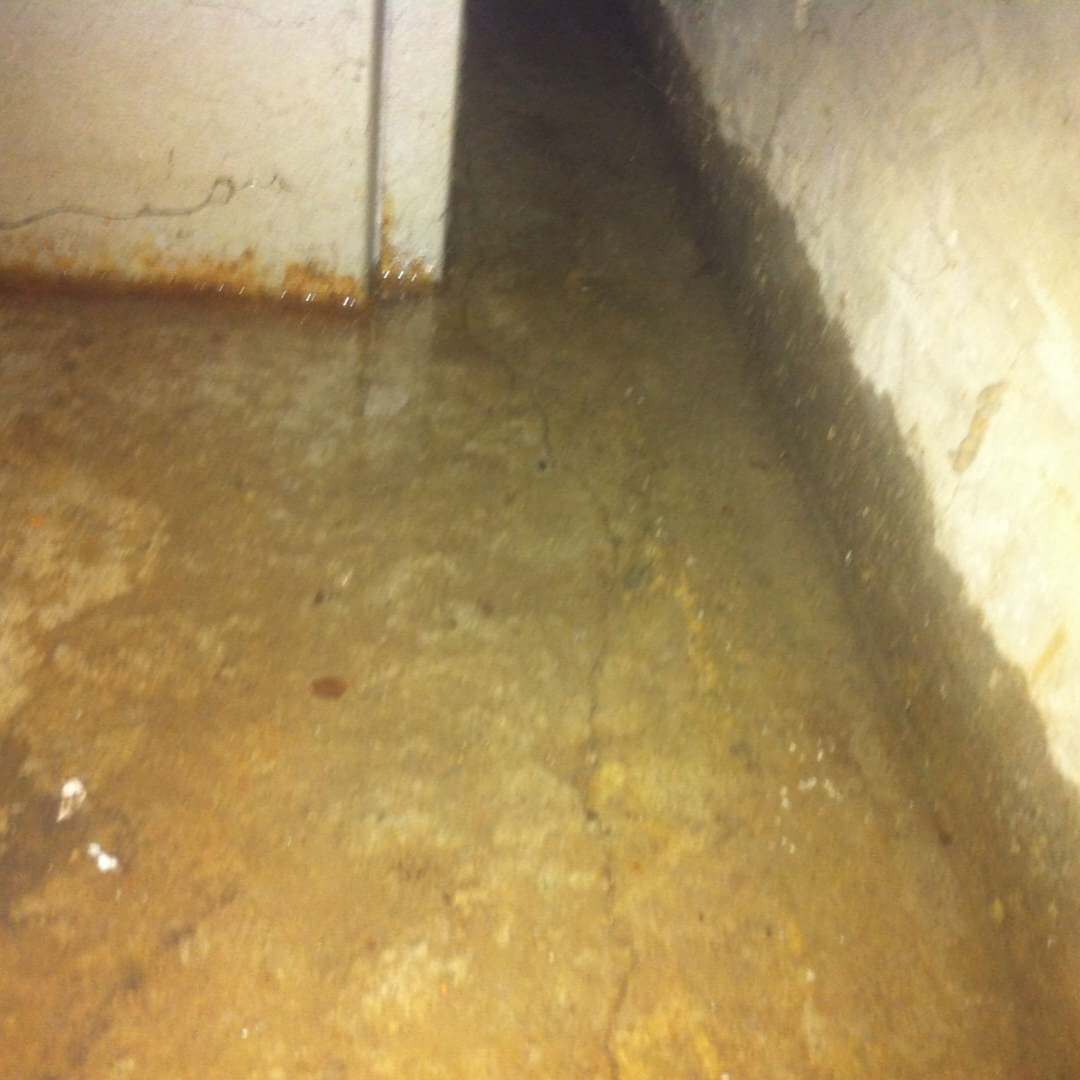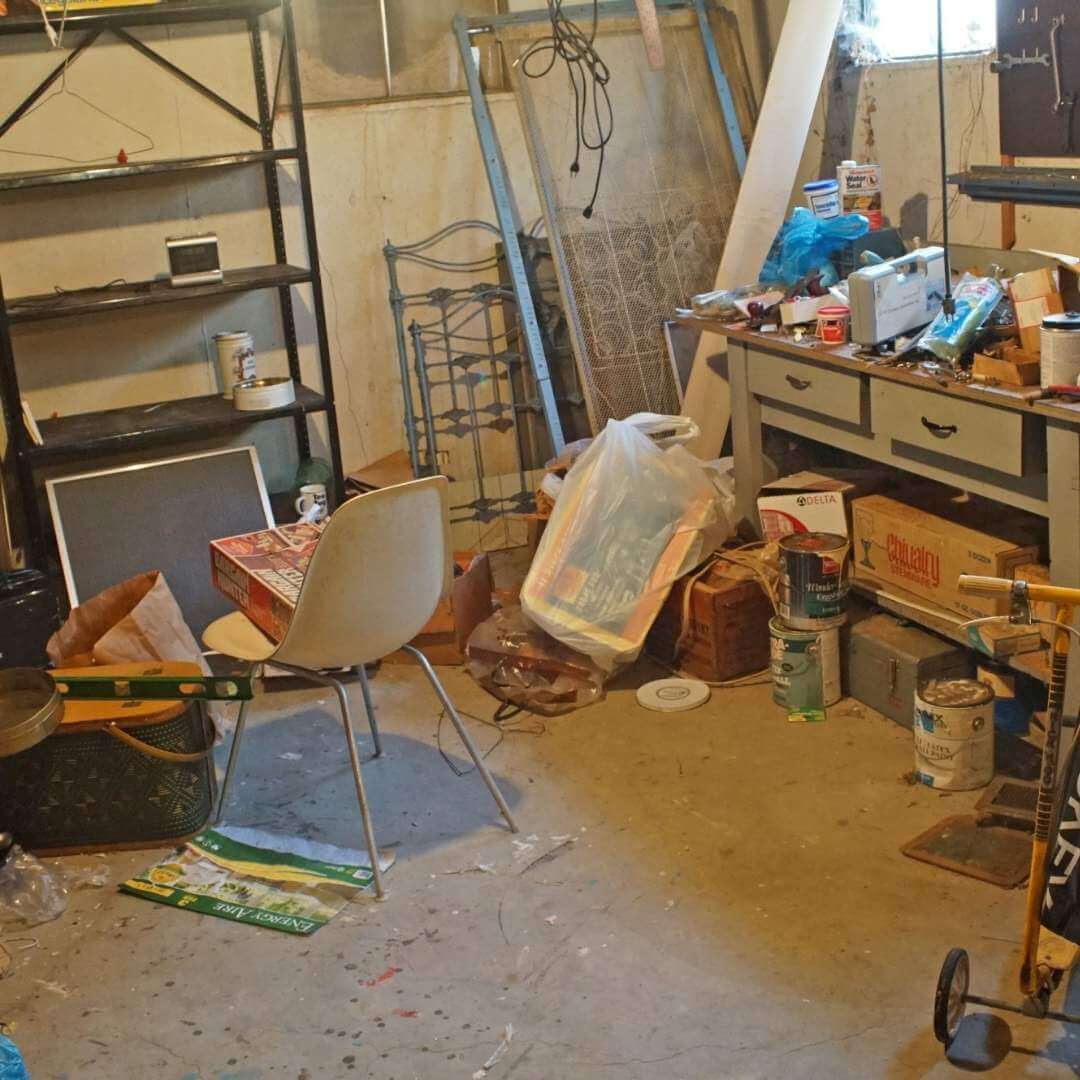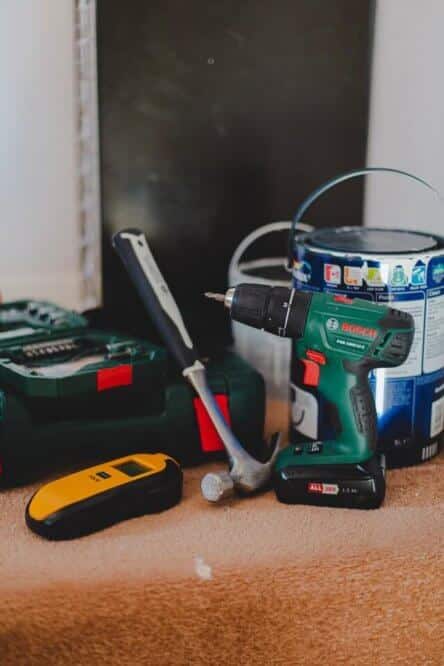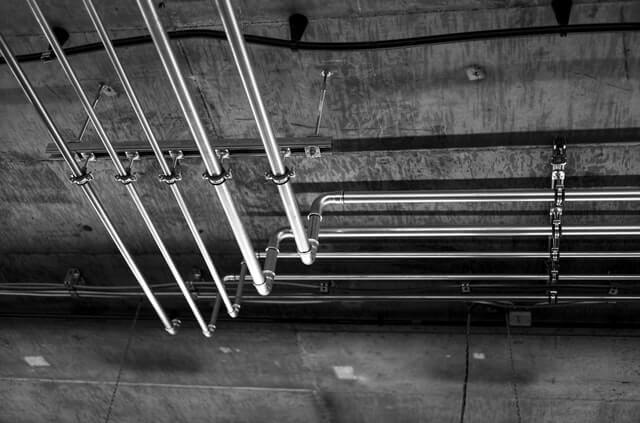A flooded basement is every owner’s nightmare! Not only is it costly to repair, but it can cause more problems than you might be aware of. In fact, many people don’t stop to wonder is a flooded basement dangerous – other than for their budget.
The truth is, however, that there are many terrible basement flooding consequences that you might have to deal with – especially if you didn’t tackle the issue right away. In fact, a wet basement can even be a severe health hazard!
So, is a flooded basement dangerous and how can you deal with it? Here is everything you need to know!
Is a Flooded Basement Dangerous?

Flooding is an extremely common condition, especially in low areas such as basement. In fact, most homes will likely experience some sort of flooding or water damage inside their basements!
It is estimated that 9.9% of properties inside U.S. had water damage from some sort of exterior leakage in 2009, while about 8.1% had interior leakage damage. This is a statistic from one year alone.
If you take into the consideration that even the smallest leak can cause your water bill to go up by 10%, it’s easy to conclude why you don’t want this to happen to you.
However, many homeowners wonder is a flooded basement dangerous, and they probably won’t like the answer.
Having water in any part of your home can cause a terrible hazard. However, it is especially dangerous to have water in your basement, as this can cause severe structural damage to your entire property. Even your entire foundation might be at risk!
Not just that, but basement is usually a part of our homes where we chose to store at least a part of our valuables and memorabilia. All of this can be damaged by water once there is flood!
However, the worst part of it all is that the flooded basement can be a severe health hazard. If you let the water stagnate, you are risking bacteria and diseases.
This is why you should always consider installing a French drain or a sump pump, but also calling a professional to help you deal with the damage as soon as possible.
The Dangers of a Flooded Basement

Having a flood inside your basement is extremely dangerous. The things you should worry about the most include, but are not limited to:
- Water damage.
- Mold
- Contamination
- Electrocution
So, if your sump pump isn’t working properly and you’re having a flood in your basement, here’s what you need to be wary of:
Water Damage
Water damage is probably the first thing you think of when you experience any type of flooding. It is the most obvious one, as you can see it right away.
Water can destroy everything in its path. This includes items, furniture, wall paint, even the foundation your home is built upon. It is also likely the most expensive one. Just one inch of water in your basement can result in costing up to $25,000! [1]
To make matters worse, not all types of water damage will be covered by your homeowner’s insurance. This means you might have to pay for repair costs out of pocket.
Many people avoid buying or renting homes with a sump pump as they think it has a pump because it is prone to water damage. While most of the time quite the opposite is the case, you should always check with the seller or landlord whether the property has had any flooding in the recent years. Floods can cause lasting water damage to the property.
Electrocution
Not many people consider the possibility of electrocution when dealing with water damage. However, as most basements have devices that work on electricity, this is another danger you need to consider.
Combining water and electricity is never a good idea. Many people rush to save valuable items from a flooded basement without turning the power off. Unfortunately, this can be a deadly mistake.
Before dealing with any type of flood, whether you have a drain backup in basement, a water seepage, or just a leaky pipe, always make sure the power is off inside this area of the house. Even if you don’t think any power outlet is touching the water, you can never know what is happening inside the walls.
Water can climb up the wall, reaching the cords without you ever noticing it. It is better to be safe than sorry. So, instead of wondering is it safe to walk in a flooded basement, turn that power switch off.
If you aren’t certain how to turn off the electricity, or if your main power outlet is outside of your reach, always call a licensed professional or an electrician.
Mold
Probably the most dangerous risk of basement flooding is the creation of mold and mildew. Mold loves moisture, and it can grow in 24 to 48 hours if the conditions are right. [2]
While mold is beneficial to the environment, exposure to mold spores can cause health problems. Many people with allergy issues can experience symptoms such as:
- Sneezing
- Runny nose.
- Watery eyes.
- Itching
- Wheezing
- Coughing
- Fatigue
- Headache
If a person is constantly exposed to mold, they can experience symptoms such as difficulties breathing or even long-term health issues.
What’s worse, when mold occurs indoor, it can ruin the entire air quality. There are even certain molds, such as Aspergillus and Stachybotrys, that might produce toxins that can lead to severe illnesses!
Mold can appear even days after you’ve cleaned your basement. If there is any moisture in the area, mold will consider this a suitable growing environment.
As such, one of your biggest concerns should be learning how to prevent mold after basement flood – but more on this later on.
Contamination
Another dangerous consequence of basement flood damage is contamination. Not all floods will result in contamination, but some might.
If your flood is caused by floodwaters or raw sewage, harmful bacteria might have entered your basement. This can result in serious health issues, some of which might be challenging to recover from.
As such, it’s always important to know what caused the flood. If you suspect you’re dealing with contaminated water, don’t try to deal with it on your own – especially if this includes getting wet. Leave such tasks to a professional.
Can a Flooded Basement Cause a Fire?
Water turns fire off. Everyone knows that. As such, it might sound impossible for water damage to cause fire. However, one of the most severe basement flooding consequences is precisely fire.
This is because of electrical cords inside your home. Water can lead to electrical fires and shock, and nearby (dry) objects can go up in flames. What makes matters worse is that this can happen even with the smallest amount of water. All it takes is a few drops and your entire home might be at risk!
This is yet another reason why it’s essential for you to turn the power off whenever you’re dealing with flood of any kind. These fires can happen in an instance and they can spread extremely fast.
How to Dry Out a Flooded Basement

While you’ll need a professional to deal with most of these damages, there are some things you can do to dry out a flooded basement and help make the entire process quicker.
This includes:
- Turning off the main power supply. This is the first step you should make, as it’s necessary to prevent fires and electrical damage.
- If there are floods outside of your home, wait until the outside water levels are lower than the levels in your basements.
- If the water levels are low enough, soak the water with towels.
- Use sump pumps or wet vacuums to get rid of water. If you don’t have a sump pump, consider adding it to your basement.
- Move damaged items to a ventilated area. This will help dry them out. If you manage to do this on time, you might save most of your cherished items.
- Ventilate your basement. If there are windows, leave them open. If not, use fans to make sure there is air circulation.
- Consider getting a portable generator for sump pump in case you need to turn off electrical power in your house
Once again, it’s essential that you avoid getting into the water if there is even the slightest chance of contamination, or if the power is still on. Don’t risk your life to save a couple of items. If anything makes you wonder ‘Is a flooded basement dangerous?’, call a professional.
Preventing Mold
As mentioned before, mold is one of the biggest long-term dangers of a basement flood. It can be a challenge to clean up the excess moisture, especially in an underground, secluded area such as a basement.
Before you can start worrying about mold, you need to dry out your basement using steps we’ve mentioned before. However, this alone isn’t enough to prevent mold.
What makes matters worse is that even most professionals won’t complete all necessary steps for mold prevention – unless you pay them for it.
As such, here are some quick, inexpensive things you can do to clean mold after a flood:
- Remove damp flooring or carpets. This is the first area that will retain moisture. Not just that, but if you have carpets, they’ll prevent the floor underneath from drying. This creates a perfectly warm and wet environment for mold to spread.
- Use targeted cleaners or baking soda. If the basement isn’t too wet, such household items might help dry everything out and prevent mold.
- Dehumidifier is your friend. There is only so much fans and open windows can do to help remove the moisture from the air. According to the Environmental Protection Agency, you should keep the moisture levels under 60% – ideally, the humidity should be 30% to 50%.
- Disinfect all surfaces damaged by water. By disinfecting everything, you’re not only preventing mold but also the spread of the harmful bacteria and other living organisms.
Read Also: How to Clean up Raw Sewage in Basement
Bottom Line
So, is a flooded basement dangerous?
Sure, any type of flood can cause harm to both you and your property. However, having a flood in your basement can be especially tricky due to dangers of mold and contamination.
Basements can be tricky to clean and dry out, and this is a perfect place for moisture-loving mold to appear. Not only will this look bad, but mold can be a serious health hazard, especially for people with allergies or breathing problems.
As such, it’s important to deal with basements flood as soon as possible. You might want to consider installing the best backup sump pump with Wi-Fi you can find, or simply choose to have a professional plumber’s number on a speed dial.
Whatever you choose, never go in dangerous situations just because you think this is quicker and more convenient.

Michael Davis is a heating & plumbing expert who currently works as independent contractor in SC. He also writes for Plumbertip.
For almost 10 years he worked on various plumbing tasks across South Carolina.


